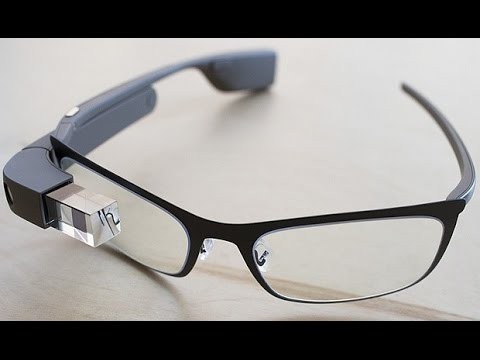Tech giant Google has officially patented an augmented reality headset that would replace the Google Glass that was scrapped after failing to please the consumer market.
The United States Patent and Trademark Office has already awarded Project Aura to Google, which is set to compete with Microsoft as the HoloLens gets released next year.
Although the design of Project Aura might still look weird for some users who were annoyed at the Google Glass, the tech giant ultimately hopes to significantly develop the hardware and software of the new augmented reality headset by utilizing cutting edge technology and innovative software, according to Geek Snack.
While the Google Glass was cancelled this January due to the expensive cost, subpar performance, privacy concerns and security issues, the enterprise market was still seen by Google as a viable option to recreate the product under a new name.
Project Aura is set to be a tad smaller than the Google Glass and would look like a rectangular monocle that would cover a user's eyebrow in a minimalist fashion. The headset is also expected to have a curved handle to fit comfortably to a user's head and prevent the device from suddenly being dropped to the ground.
In addition, the user would be primarily using Project Aura through voice command and a touchpad located at the side of the augmented reality headset.
Tony Fadell would be serving as the head of the Project Aura to finally put an augmented reality headset by Google away from the consumer market and go toward the promising industrial markets.
Even if Google has indeed already patented Project Aura, there is still no guarantee that such a product would ever be shown to the public. However, the possibility of a Google AR headset to be released as soon ass next year is also not out of the question since Microsoft would be attempting to take the lead in the enterprise market with the highly anticipated Hololens.
The Hololens by Microsoft looks different from Project Aura since the augmented reality device looks more like a visor than a monocle, according to Forbes.
From viewing email, the weather, and possibly the news in a totally new way and digitally drawing objects out of thin air, the Hololens promises a lot of futuristic tools that have given Microsoft a lot of pressure to actually deliver.
The augmented reality headset from Microsoft is set to be released during the first quarter of 2016.


